Before you get too worked up about your favorite movie of the year losing the Best Picture Oscar on Sunday night, know that the Academy has a long history of snubbing deserving films.
Blame the politics of Hollywood. Studios launch massive campaigns to lobby for their movies. The political climate can sway voters. And the Academy’s lack of diversity can impact not only who is nominated but who gets the win. The result: A movie deemed a “classic” decades down the road leaves the ceremony without any statues.
In hindsight, some of the Academy’s choices can seem downright absurd. Here are the 12 most controversial best picture Oscar winners of all time, from oldest to newest.
MORE These 21 Famous Actors Have Never Won an Oscar
How Green Was My Valley (1942)
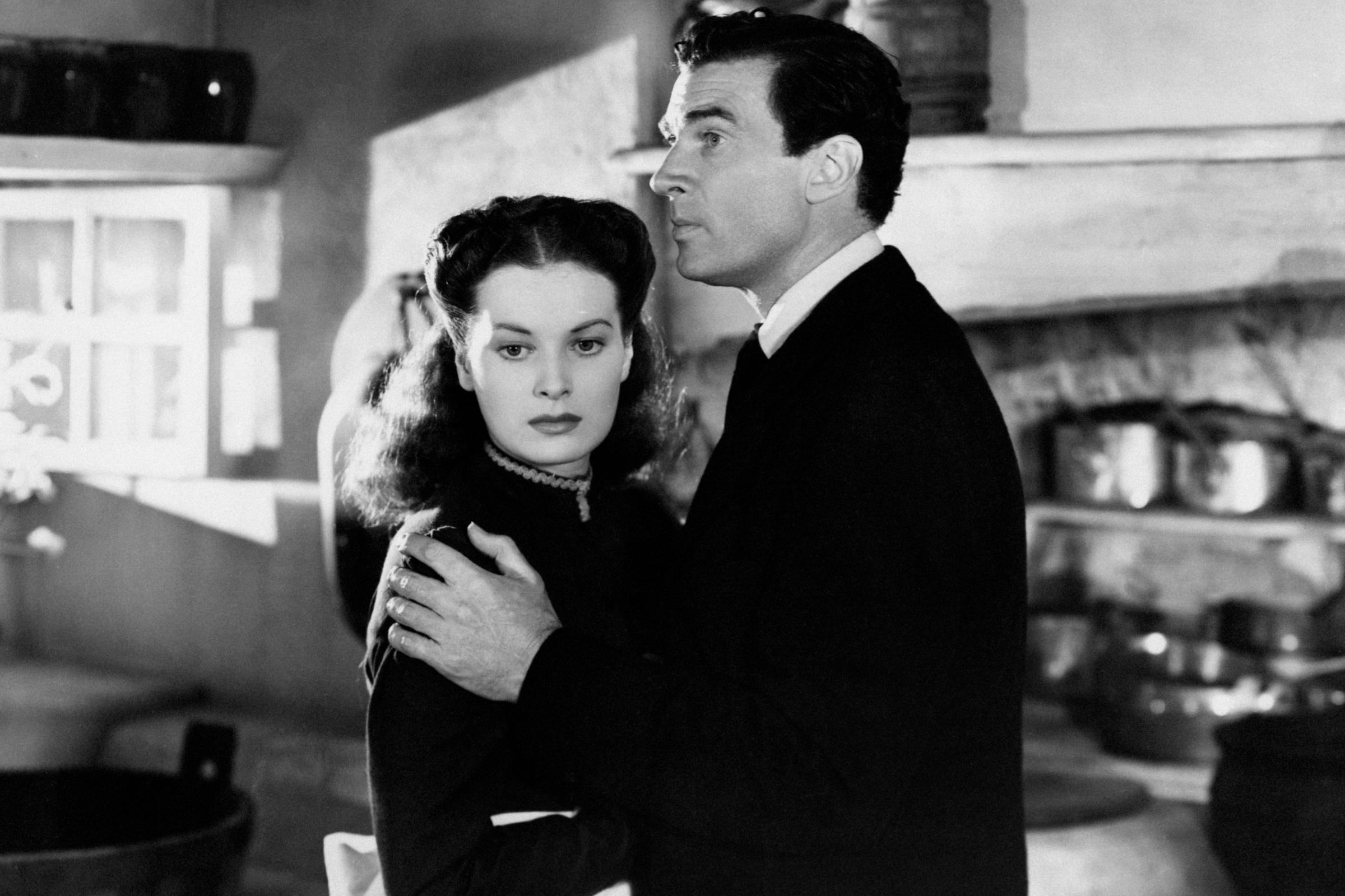
How Green Was My Valley upset what’s now widely regarded as the greatest film of all time, Citizen Kane.
Around the World in 80 Days (1957)
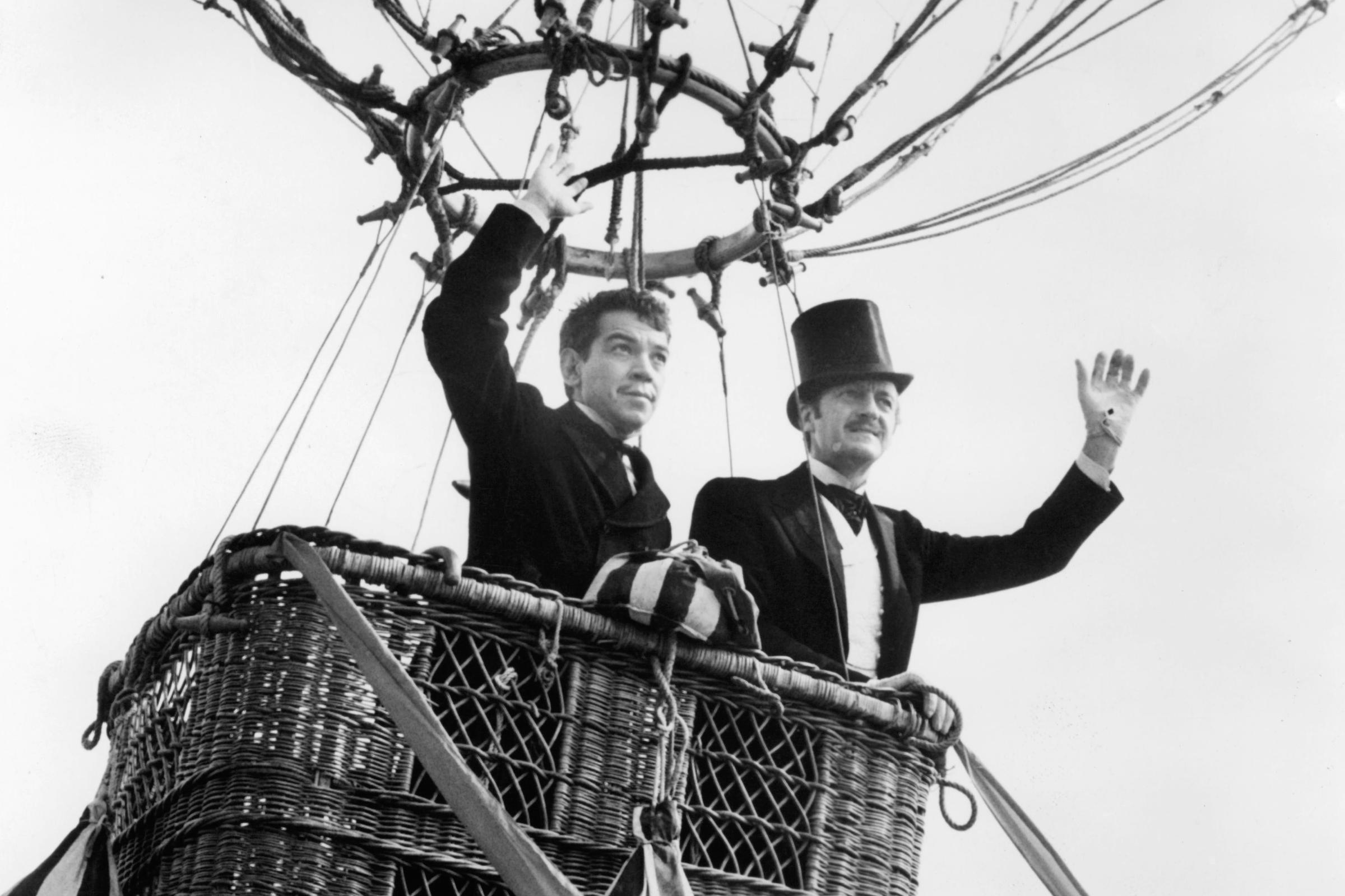
Cinephiles list this among one of the most controversial Best Picture picks ever. The movie beat both Cecil B. DeMille’s The Ten Commandments and the film adaptation of the Rodgers and Hammerstein musical The King and I.
Rocky (1977)
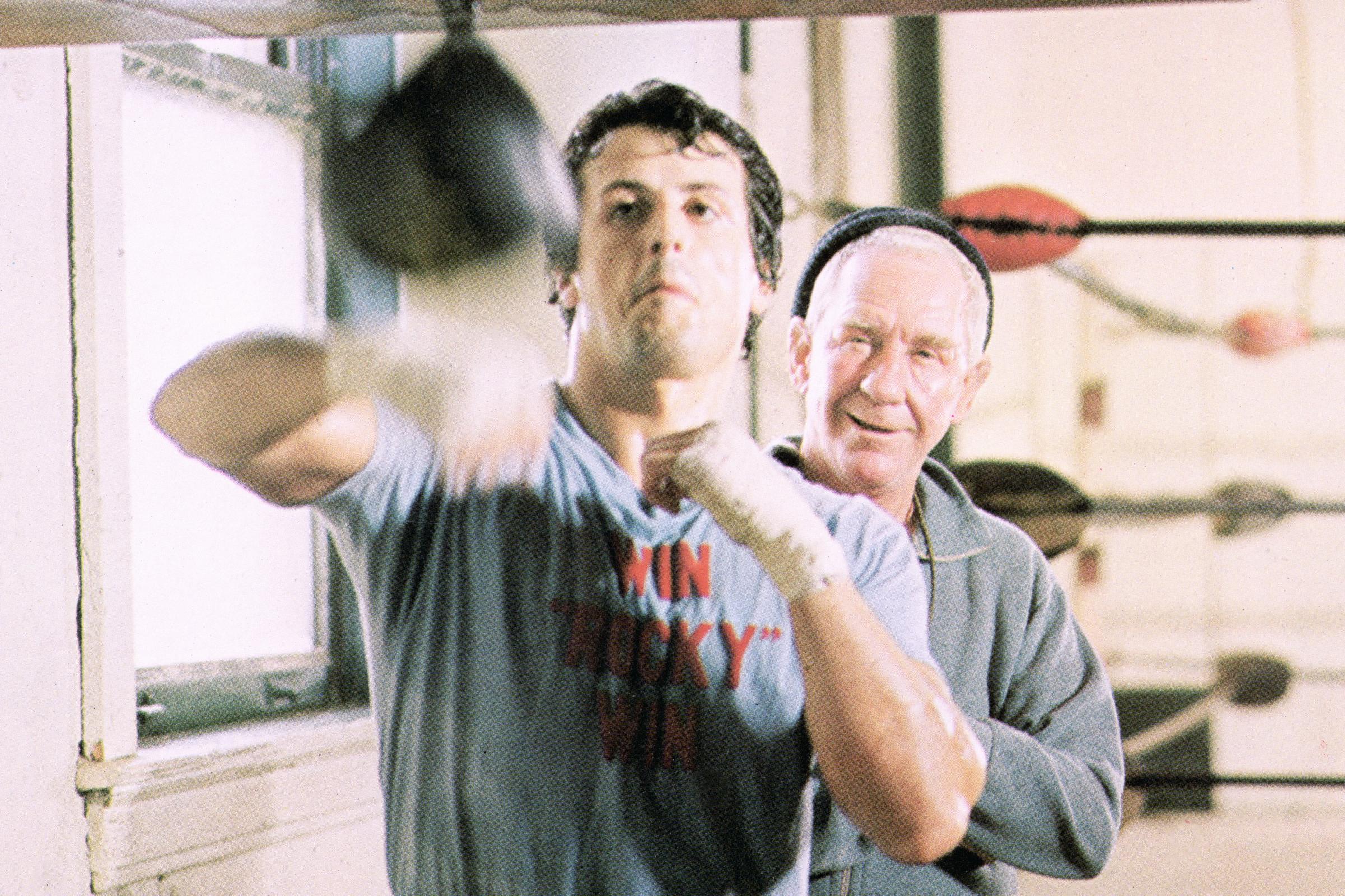
Rocky, much like the film’s hero, was an underdog. Its surprising win over All The President’s Men and Taxi Driver will no doubt be referenced at this year’s ceremony with Rocky creator and star Sylvester Stallone nominated for Best Supporting Actor for the seventh installment in the franchise, Creed.
Kramer v. Kramer (1980)
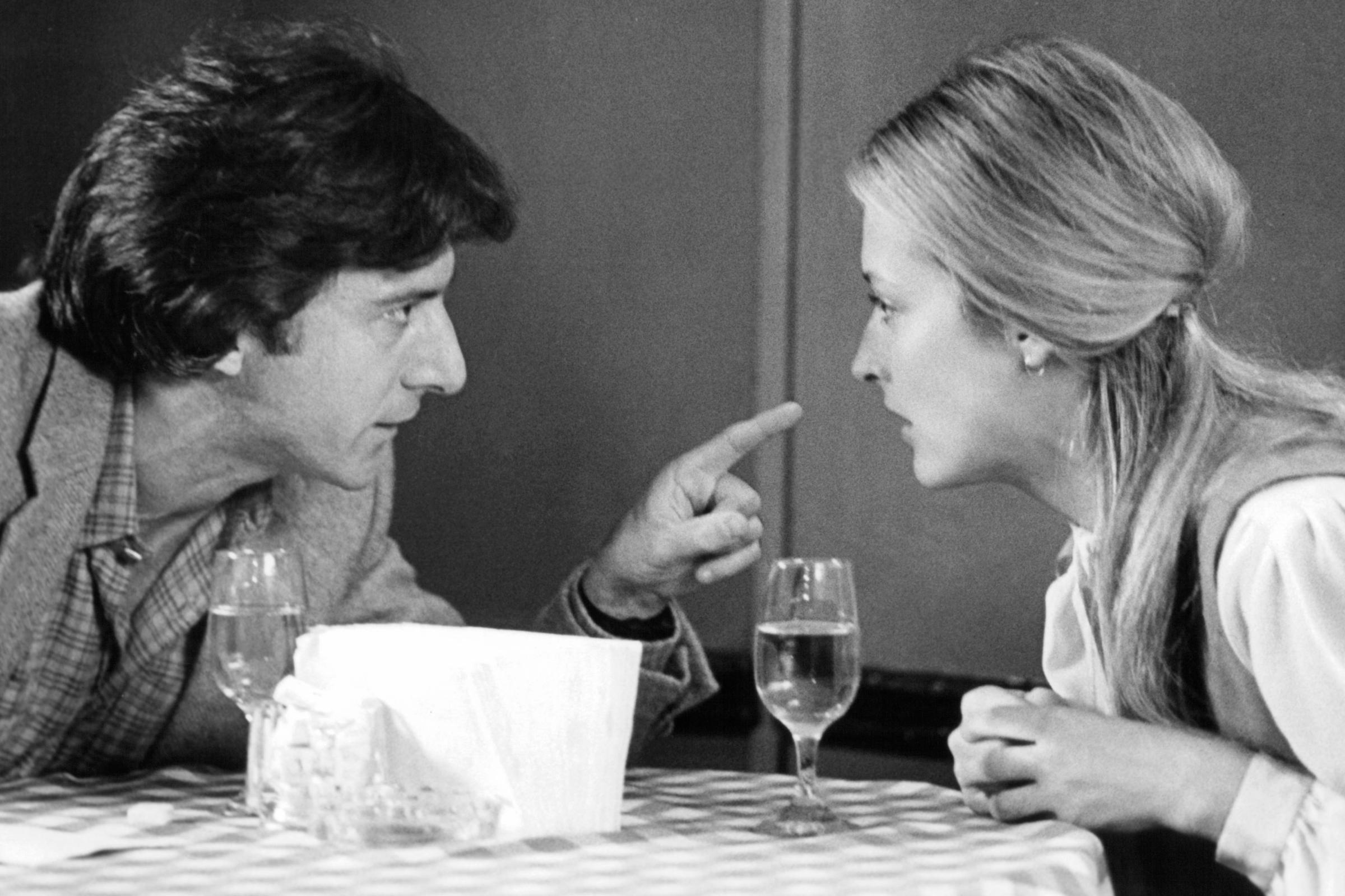
Though Kramer vs. Kramer had an all-star cast—Meryl Streep and Dustin Hoffman—many critics have argued that Francis Ford Coppola’s Apocalypse Now was a masterpiece that deserved the Best Picture Oscar.
Ordinary People (1981)
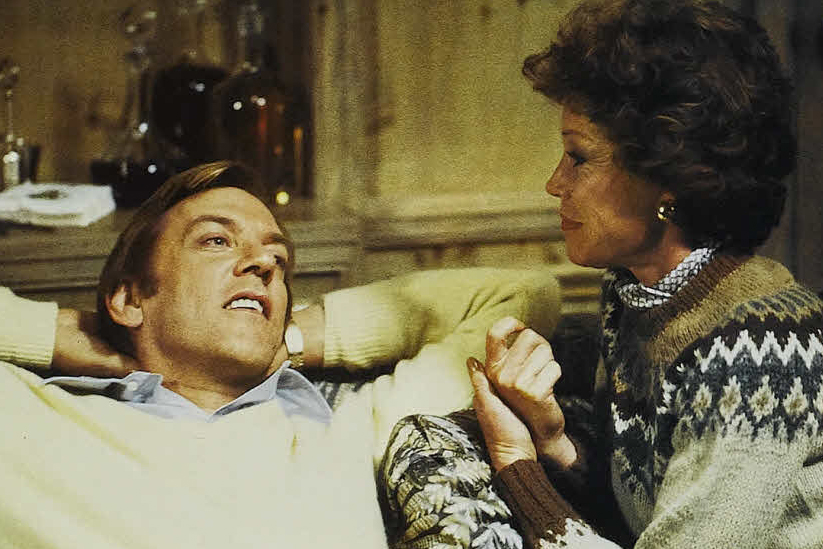
Martin Scorsese’s Raging Bull—now ranked #4 on AFI’s list of greatest films of all time—seemed a heavyweight going into the Oscar race. But Robert Redford’s directorial debut Ordinary People won. It wasn’t until 2007 that a Scorsese film, The Departed, finally nabbed a Best Picture Oscar.
Driving Miss Daisy (1990)
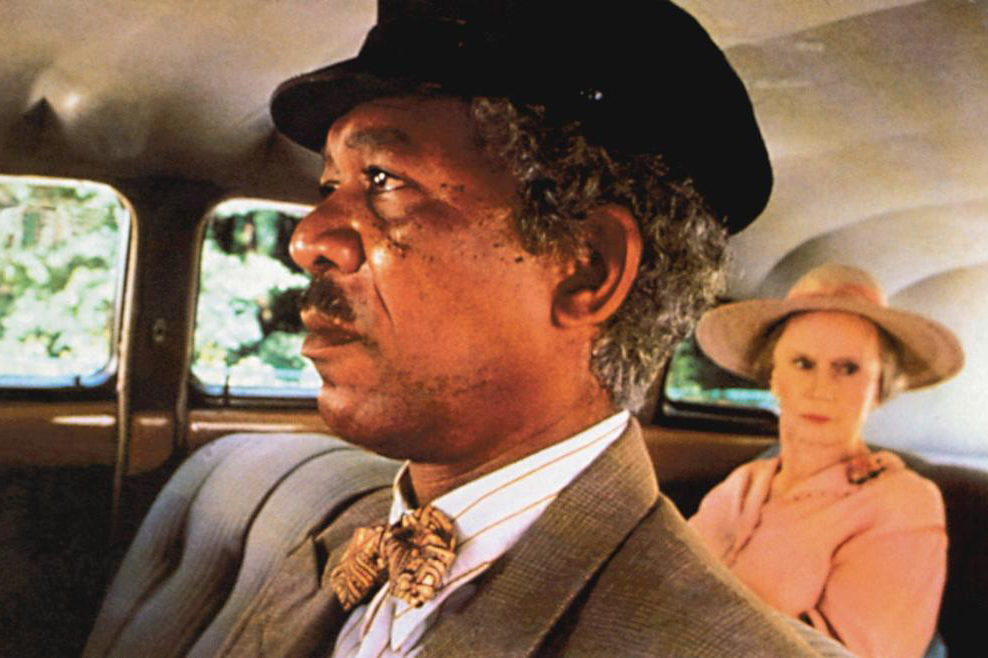
Directors like Spike Lee have lambasted the film. Even at the time, the choice was derided by the likes of the New York Times, which asked whether the film has a “subtext that summons up a longing for the good old days before the civil rights movement.” It beat Dead Poets Society, Born on the Fourth of July, Field of Dreams and My Left Foot.
Dances With Wolves (1991)
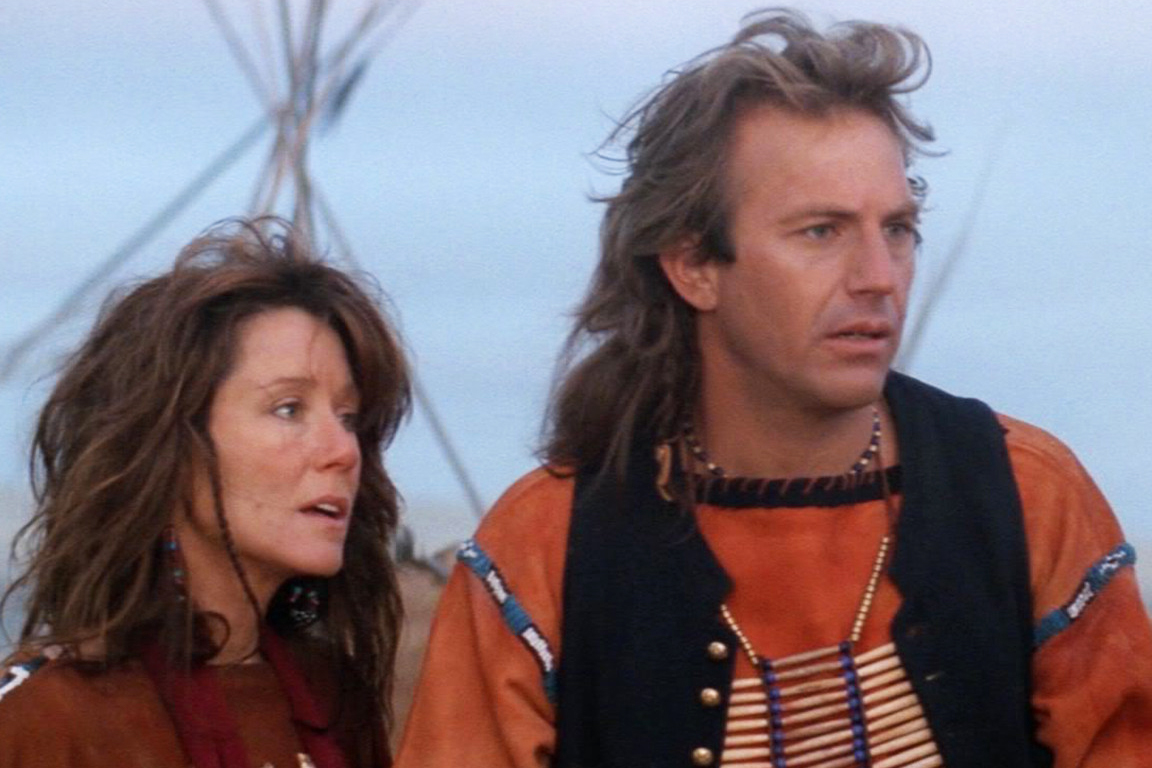
Scorsese gets snubbed again. Goodfellas fans were enraged when Kevin Costner’s Dances With Wolves beat out the mob film. TIME’s Richard Corliss called Goodfellas a “triumph” in his review at the time, saying it “offers the fastest, sharpest 2 1/2-hr. ride in recent film history.”
Forrest Gump (1995)
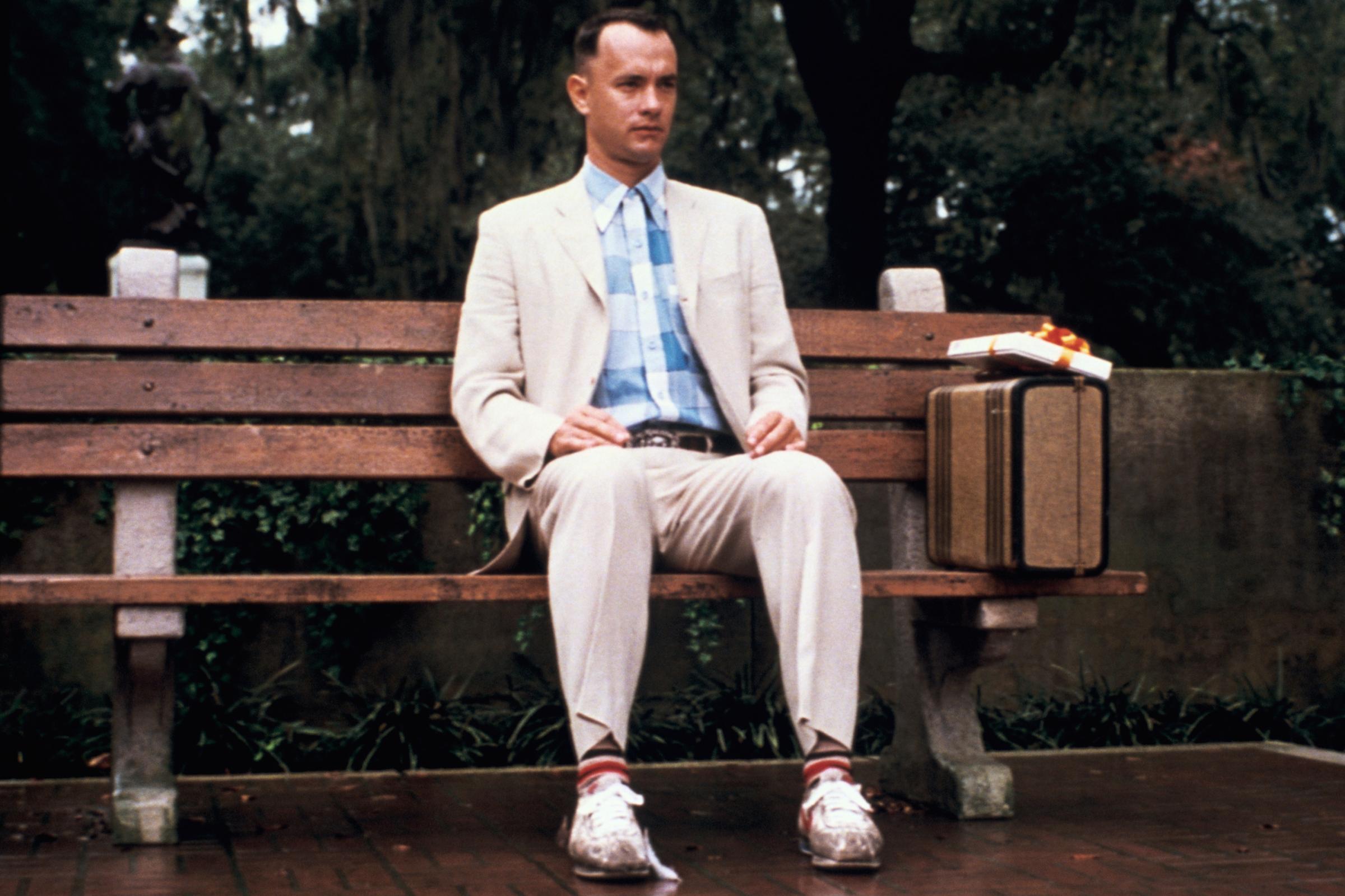
Years after winning, Forrest Gump remains beloved and endlessly quotable. (“Life’s like a box of chocolates.”) But plenty of people would rank two of that year’s losers, The Shawshank Redemption and Pulp Fiction, among the best and most re-watchable films in the history of cinema. TIME’s Richard Corliss wrote of Pulp Fiction, “It towers over the year’s other movies as majestically and menacingly as a gang lord at a preschool.”
The English Patient (1997)
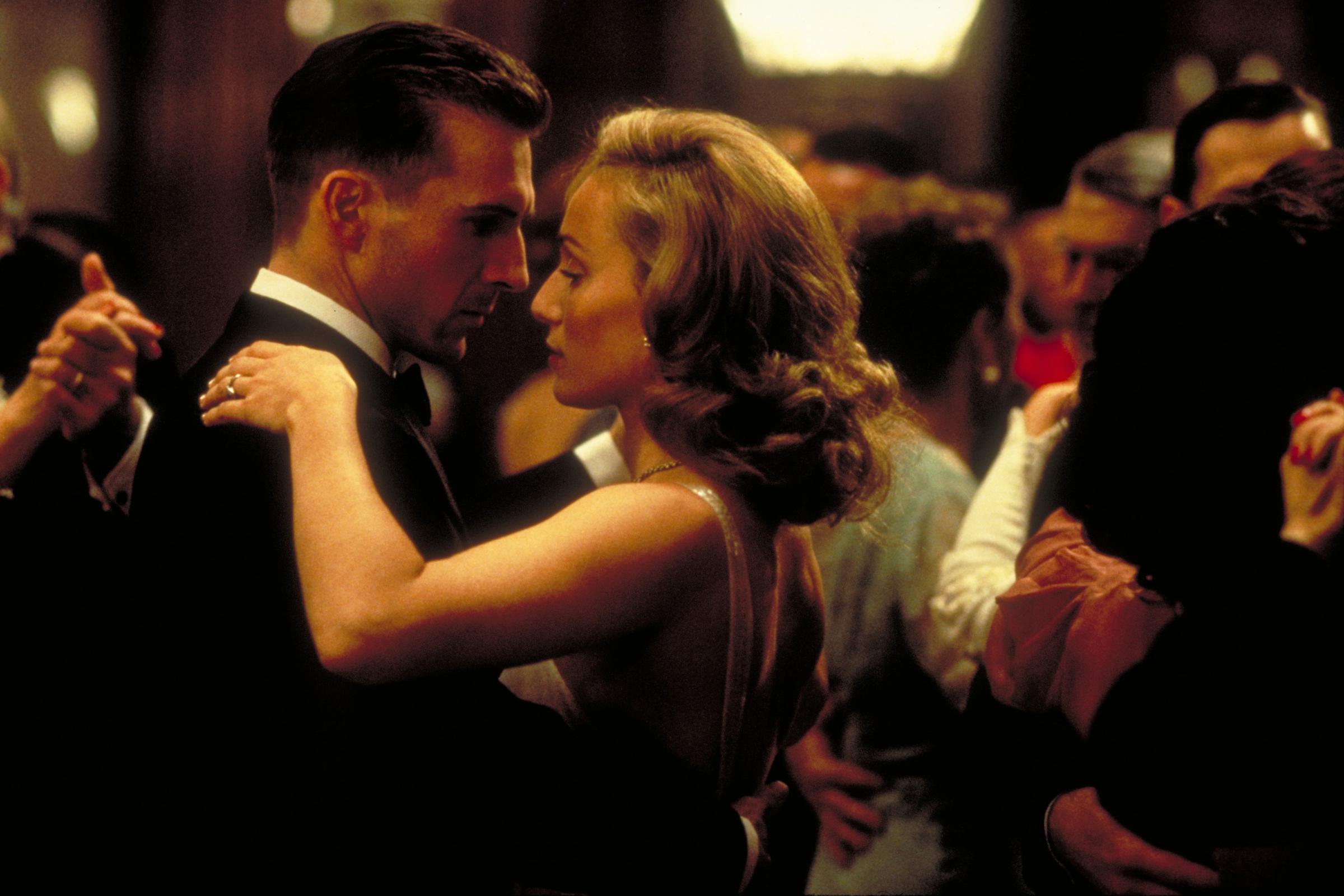
The butt of a great Seinfeld joke, romantic drama The English Patient has been dubbed a near-sighted pick by critics in a year when Fargo and Jerry Maguire were also nominated. (The Academy snubbed the Coen brothers for years. The first of their films to win Best Picture was No Country for Old Men in 2007.)
Shakespeare in Love (1999)

Saving Private Ryan‘s loss to Shakespeare in Love was the upset that launched a thousand essays. How could a film made by Steven Spielberg starring Tom Hanks and Matt Damon lose to a period rom-com starring the now-queen of GOOP? Many analysts attribute Shakespeare in Love‘s win to producer Harvey Weinstein’s lobbying. TIME’s Richard Corliss wrote of the showdown: “Prepare, then, for the final battle: of making war vs. making love, of 1944 vs. 1593, of Spielberg’s Hollywood vs. Weinstein’s Manhattan, of the most successful director in history vs. the round mound of the movie underground. In one word, from another 1998 blockbuster: Armageddon!”
Crash (2006)

Often cited as the least-deserving best picture winner, Crash beat the trail-blazing gay love story Brokeback Mountain in 2006. The movie has been dinged by the likes of Ta-Nehisi Coates for trading in on white guilt without actually offering any substance. Even the film’s director Paul Haggis has said he didn’t think Crash deserved an Oscar. A 2015 poll of Academy voters asking them to reassess past decisions had members reversing their decision and giving the award to Ang Lee’s Brokeback.
The King’s Speech (2011)
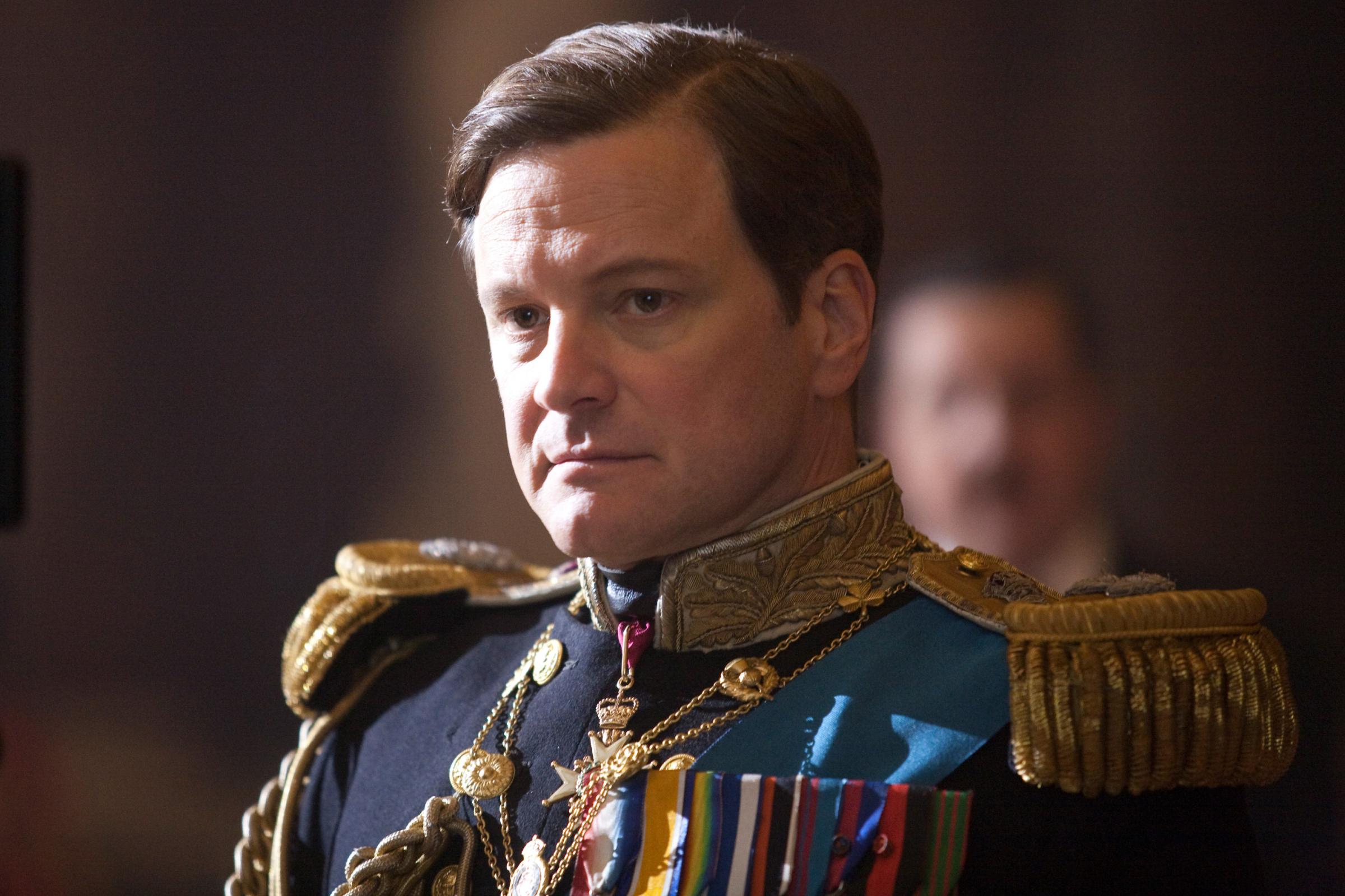
Many critics have argued that writer Aaron Sorkin and director David Fincher were both at their peak when they made The Social Network, and that that movie should have beat the classic prestige drama The King’s Speech. The rise of Facebook and Mark Zuckberg in the last five years have only cemented the impression that the social media movie was more original and urgent than yet another Harvey Weinstein-produced historical picture about a brilliant white guy.
More Must-Reads from TIME
- Cybersecurity Experts Are Sounding the Alarm on DOGE
- Meet the 2025 Women of the Year
- The Harsh Truth About Disability Inclusion
- Why Do More Young Adults Have Cancer?
- Colman Domingo Leads With Radical Love
- How to Get Better at Doing Things Alone
- Michelle Zauner Stares Down the Darkness
Write to Eliana Dockterman at eliana.dockterman@time.com